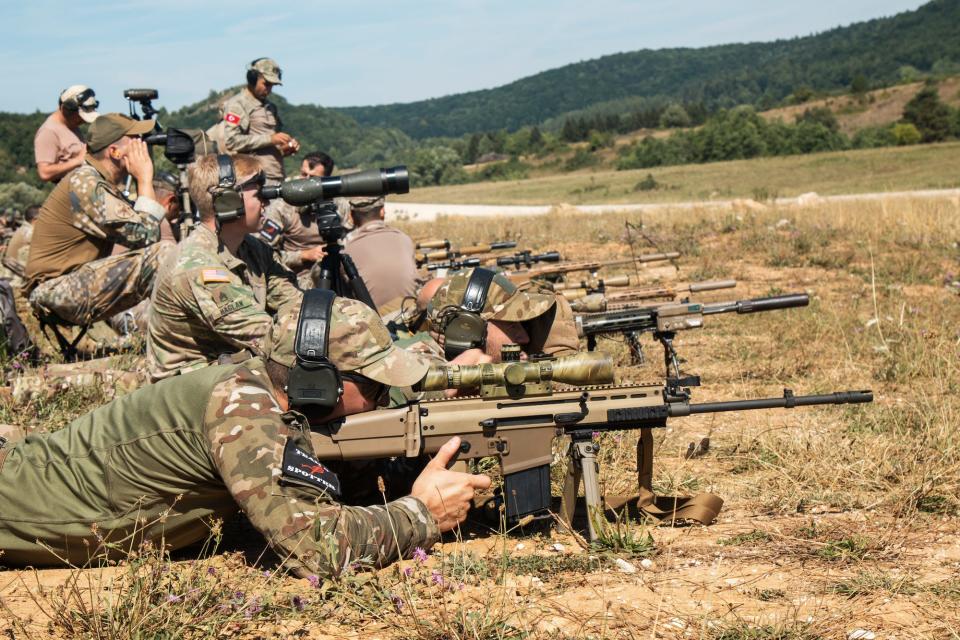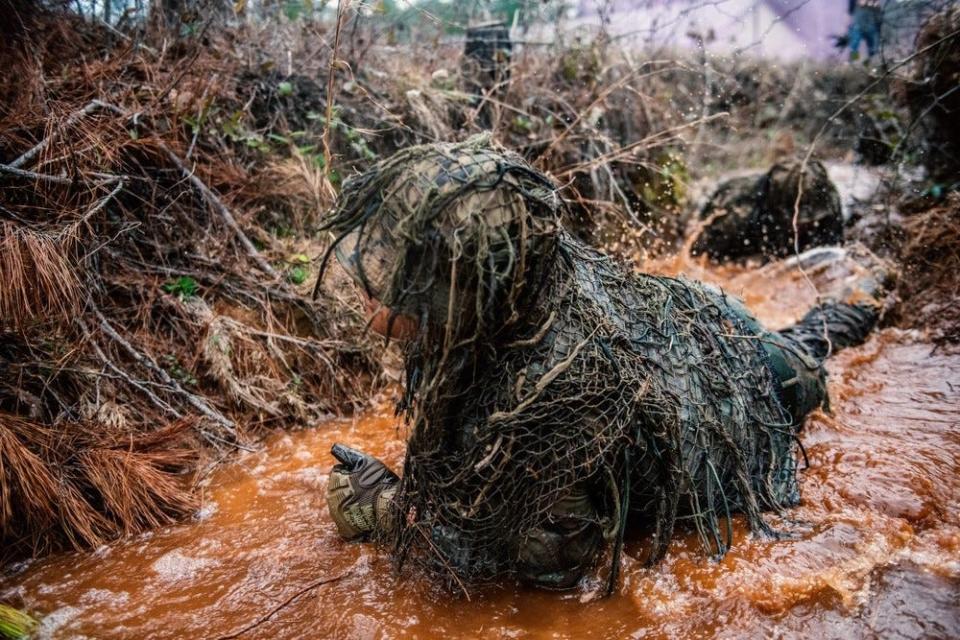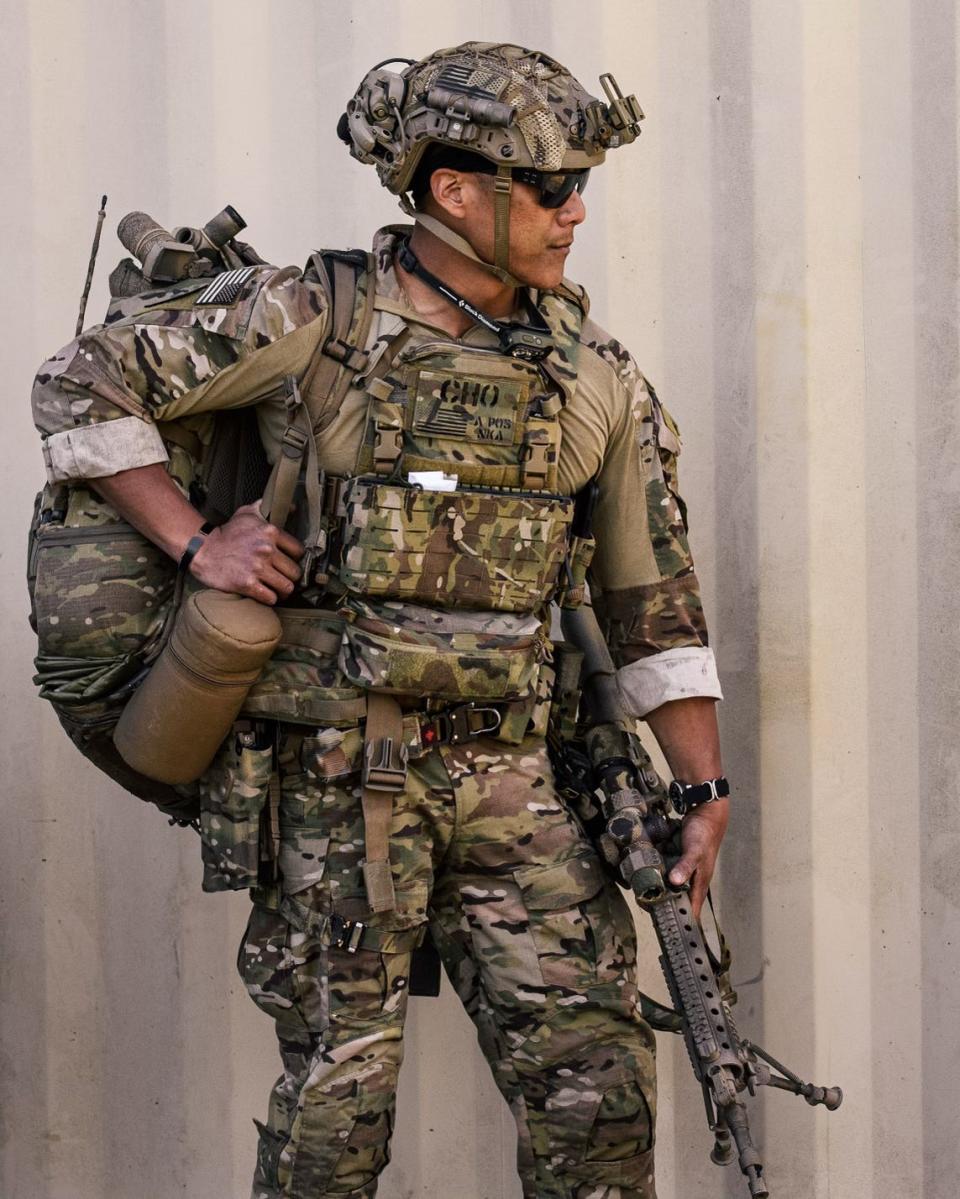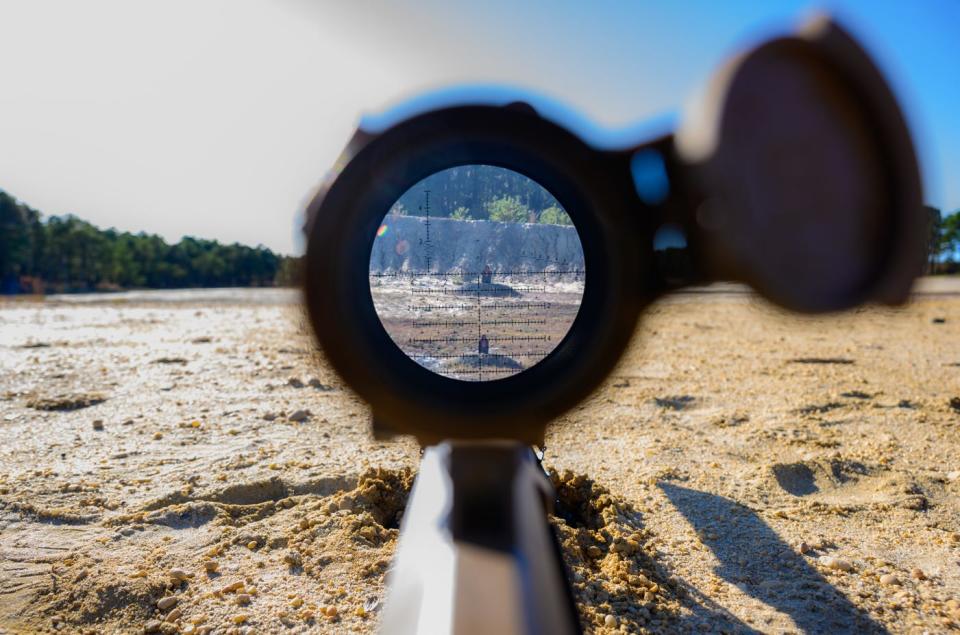I'm a sniper in the US Army, and Hollywood doesn't show you the hardest part of my job

Staff Sgt. Phillip Cho is a sniper for the Army's 11th Airborne Division in Alaska.
Cho said that while movies mainly focus on precision marksmanship, there's much more to sniping.
Movies often don't show the true value of fieldcraft and concealment.
This as-told-to essay is based on a conversation with Staff Sgt. Phillip Cho, a US Army sniper in the 11th Airborne Division based in Alaska. It's been edited for length and clarity.
At sniper training, we focus on things like range estimation, target detection, and precision marksmanship, the last of which is the most heavily portrayed aspect in Hollywood movies.
But, really, the hardest part of being a sniper is combining all of that together, because someone good at range estimation might be terrible at detecting targets, especially in a heavily wooded area or an urban environment, for example.
For me, the easiest part is probably shooting because I was already a good shot before I became a sniper.
And then I realized that's just a small part of the job. A lot goes into being a sniper, from staying hidden from patrols or trained observers to finding targets and calling for fire, like fire missions and artillery.
Hide-and-seek for adults

Something I harp a lot on is the importance of training. If you train hard enough, and if you can do your job well under pressure in training, you can do it in real life.
Let's say you are calculating the distance of a target in training. Then you'd be able to do that in the field because you've already shown that you can right there.
Obviously, there are things you can't predict in real life, like equipment failures, but when it comes down to it, you probably would have experienced whatever failures or obstacles that you might be experiencing in the field in training.

When we train for target detection, one of the biggest games we play is hiding objects in the open and having guys find them, sitting from one position. It's like hide-and-seek for adults.
I feel like, with all the training, you will be in the zone when it comes time to do your job regardless of your nerves.
But nerves are also a good thing. One of my first recon squad leaders told me, "If you do the job long enough where you get comfortable, you' should probably stop doing it because that's how you get people killed." Complacency is absolutely unacceptable, and we have to stay sharp.
I love my .300 Win Mag

Our section in Alaska currently has a few rifles in its inventory: the M110 chambered in .308, the M2010 in .300 Winchester Magnum cartridge, the MK22, the brand new one, we only have .308 for right now, and then the M107, which is our anti-material rifle.
The MK22 is an amazing shooting system and an easy weapon to use, but I've personally never used it in a field environment.
I'll always be a M2010 guy. I love my .300 Win Mag. It's the quintessential sniper rifle, but from what I've seen, the MK22 is an excellent weapon system and something I'll get more comfortable using.

As snipers, we have to carry a ton of extra equipment, not just our rifles.
In the summer, our stuff, such as our observation and communication equipment, extra batteries, and the actual weapon and ammunition, weighs roughly around 60 to 80 pounds.
In the winter, we need things like our bunny boots, different layers to help keep us warm, and various other extreme cold weather equipment that adds to that. Snipers are typically carrying anything from 90 to 120 pounds of extra weight in the cold.
Disappearing in depth and shadows
While movies touch on concealment, they never really show the true value of what makes it effective.
Camouflaging with elements of one's surroundings is what makes things like a gillie suit effective, and it's what allows a sniper to be unseen in their operational environment even if they don't have one on.
I would rather have someone who can hide without me having to babysit him than the guy who can call a perfect distance because we can work on that. It's mastering disappearing in depth and shadows in your environment.
And that's something that we have to master as a sniper that sets us apart.
Read the original article on Business Insider

 Yahoo News
Yahoo News 
